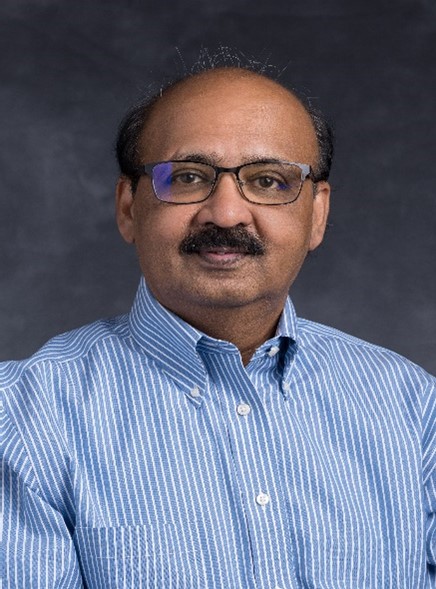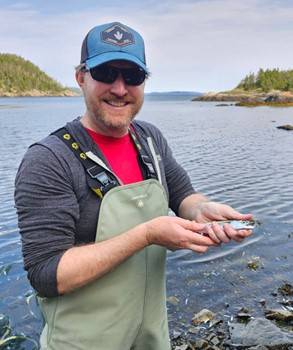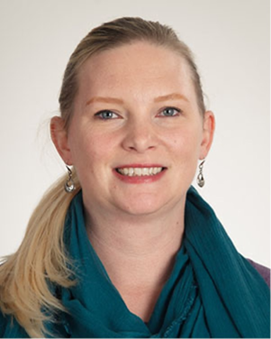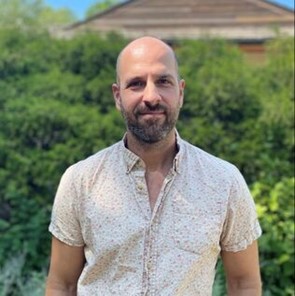This seminar will explore cutting-edge research in the prevention of Lynch Syndrome, which has predisposition of primarily colorectal and endometrial cancers. The speaker will present advances in the development of cancer-preventive vaccines for LS mutation carriers. The talk will also delve into the epigenetic regulation of LS neoplasia and identifying agents/drugs with immunostimulatory action for cancer therapeutics using next-generation sequencing, organoid culture systems, and in vivo mouse model of LS.
Dr. Sinha earned both his MSc and PhD in Biochemistry from the Indian Agricultural Research Institute in New Delhi, India. He has held academic and research positions at several leading institutions, including UT Health Houston and Baylor College of Medicine. Currently, he serves as a Senior Research Project Manager in the Department of Clinical Cancer Prevention at MD Anderson Cancer Center. His research spans a wide range of areas, including the epigenetic regulation of cancer, adult muscle stem cells, skeletal metastases, and osteoblast differentiation. His current focus centers on immunoprevention and chemoprevention strategies for individuals with Lynch Syndrome—a hereditary condition that significantly increases the risk of colorectal and endometrial cancers.





